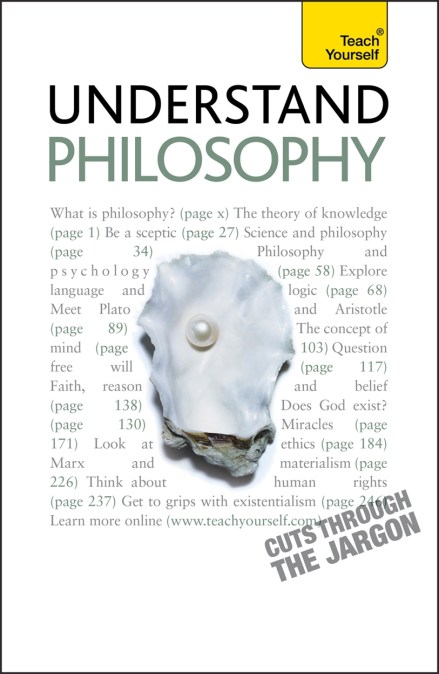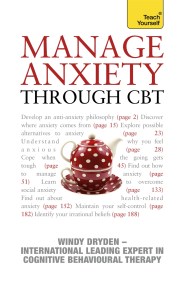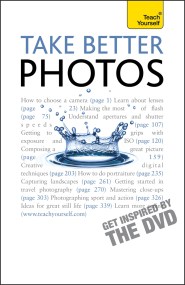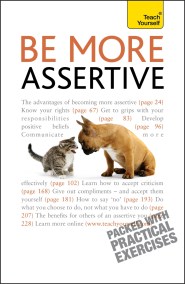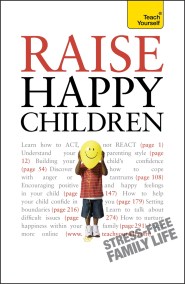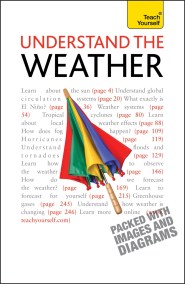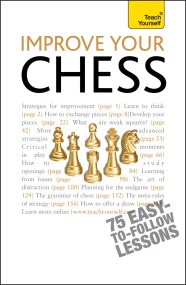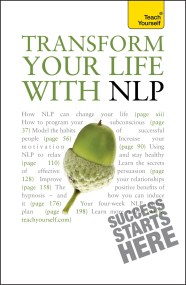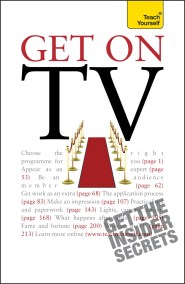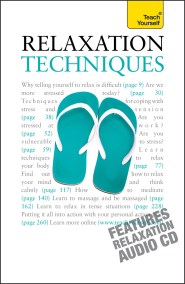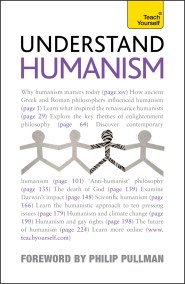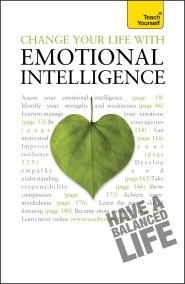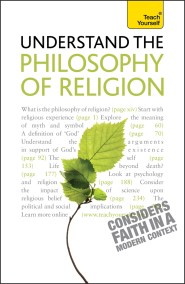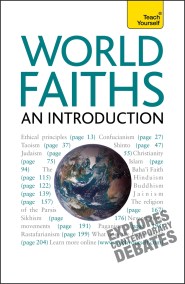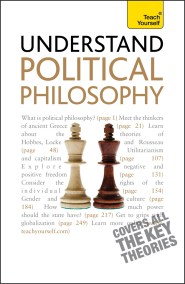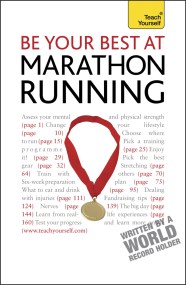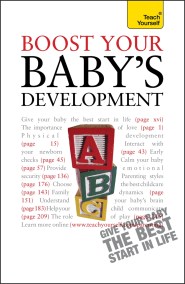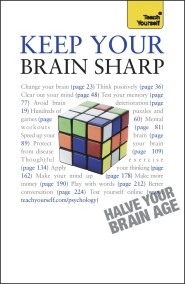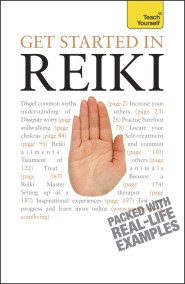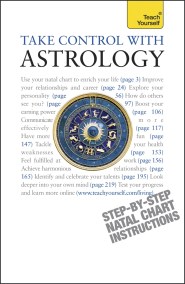Is this the right book for me?
This book is the essential introduction to the history of Western thought. Covering all the key thinkers, both ancient and modern, and all the major branches of philosophy, it will give you new insights about the world we live in. Packed full of examples and clear explanations, and with key terms defined and explained, it is ideal whether you are student looking for a quick refresher or just want to explore this fascinating topic out of personal interest.
Understand Philosophy includes:
Chapter 1: The theory of knowledge
Empiricism and rationalism
Knowledge and justification: are you certain?
The external world: appearance and reality
Intuitive knowledge
Scepticism
The proof of the pudding…
Chapter 2: The philosophy of science
A historical overview
From evidence to theory: scientific method
Experiments and objectivity
Right, wrong or what?
The social sciences
What counts as science?
Science and authority
Chapter 3: Language and logic
Language and certainty
Language and perception
Knowledge and language
Linguistic philosophy
Formal logic
Chapter 4: The philosophy of mind
Ancient minds: Plato and Aristotle
‘I think, therefore I am’
The relationship between mind and body
Survival?
The concept of mind
A ‘place’ for mind?
Neurones and computers
Knowing me, knowing you
Cognitive science
A ‘personal’ postscript
Chapter 5: The philosophy of religion
Faith, reason and belief
Religious language
Religious experience
Does God exist?
The origin and design of the universe: religion or science?
Miracles
The problem of evil
Compensation after death?
Psychological and sociological explanations of religion
Some general remarks
Chapter 6: Ethics
Facts, values and choices
Freedom and determinism
Kinds of ethical language
Three bases for ethics
Absolute or relative morality?
Virtue ethics
The social contract
Applied ethics
Chapter 7: Political philosophy
Only individuals?
The social contract
The general will
Marx and materialism
Justice
Freedom and law
Feminism
Some conclusions
Chapter 8: Continental philosophy
Phenomenology
Existentialism
Structuralism
Postmodernism
Chapter 9: Some other branches of philosophy
Aesthetics
The philosophy of history
The philosophy of education
Chapter 10: The scope of philosophy today
Learn effortlessly with a new easy-to-read page design and interactive features:
Not got much time?
One, five and ten-minute introductions to key principles to get you started.
Author insights
Lots of instant help with common problems and quick tips for success, based on the author’s many years of experience.
Test yourself
Tests in the book and online to keep track of your progress.
Extend your knowledge
Extra online articles to give you a richer understanding of the subject.
Five things to remember
Quick refreshers to help you remember the key facts.
Try this
Innovative exercises illustrate what you’ve learnt and how to use it.
This book is the essential introduction to the history of Western thought. Covering all the key thinkers, both ancient and modern, and all the major branches of philosophy, it will give you new insights about the world we live in. Packed full of examples and clear explanations, and with key terms defined and explained, it is ideal whether you are student looking for a quick refresher or just want to explore this fascinating topic out of personal interest.
Understand Philosophy includes:
Chapter 1: The theory of knowledge
Empiricism and rationalism
Knowledge and justification: are you certain?
The external world: appearance and reality
Intuitive knowledge
Scepticism
The proof of the pudding…
Chapter 2: The philosophy of science
A historical overview
From evidence to theory: scientific method
Experiments and objectivity
Right, wrong or what?
The social sciences
What counts as science?
Science and authority
Chapter 3: Language and logic
Language and certainty
Language and perception
Knowledge and language
Linguistic philosophy
Formal logic
Chapter 4: The philosophy of mind
Ancient minds: Plato and Aristotle
‘I think, therefore I am’
The relationship between mind and body
Survival?
The concept of mind
A ‘place’ for mind?
Neurones and computers
Knowing me, knowing you
Cognitive science
A ‘personal’ postscript
Chapter 5: The philosophy of religion
Faith, reason and belief
Religious language
Religious experience
Does God exist?
The origin and design of the universe: religion or science?
Miracles
The problem of evil
Compensation after death?
Psychological and sociological explanations of religion
Some general remarks
Chapter 6: Ethics
Facts, values and choices
Freedom and determinism
Kinds of ethical language
Three bases for ethics
Absolute or relative morality?
Virtue ethics
The social contract
Applied ethics
Chapter 7: Political philosophy
Only individuals?
The social contract
The general will
Marx and materialism
Justice
Freedom and law
Feminism
Some conclusions
Chapter 8: Continental philosophy
Phenomenology
Existentialism
Structuralism
Postmodernism
Chapter 9: Some other branches of philosophy
Aesthetics
The philosophy of history
The philosophy of education
Chapter 10: The scope of philosophy today
Learn effortlessly with a new easy-to-read page design and interactive features:
Not got much time?
One, five and ten-minute introductions to key principles to get you started.
Author insights
Lots of instant help with common problems and quick tips for success, based on the author’s many years of experience.
Test yourself
Tests in the book and online to keep track of your progress.
Extend your knowledge
Extra online articles to give you a richer understanding of the subject.
Five things to remember
Quick refreshers to help you remember the key facts.
Try this
Innovative exercises illustrate what you’ve learnt and how to use it.
Newsletter Signup
By clicking ‘Sign Up,’ I acknowledge that I have read and agree to Hachette Book Group’s Privacy Policy and Terms of Use
